What Is a Social Script?
Oh, the librarian and the teacher should be friends
Yes, the librarian and the teacher should be friends
One job invokes all new terms
The other hears them and they squirm
But that’s no reason why they can’t be friendsLiterary folks should stick together
Literary folks should all be buds
Teachers want some Core/STEM topics
Librarians never hand them duds
It’s silly season over at Chez Bird, it would seem. But I think a lot about the teacher/librarian relationship. Not just between teachers and their school librarians (if they’re lucky enough to have any) but between teachers and public children’s librarians as well. It’s a symbiotic relationship at its best, and a passive aggressive one at its worst. And, occasionally, just a baffling one, particularly when librarians must handle new terms for books that they themselves are unfamiliar with (and lest we forget, teachers have to deal with arcane librarian terms like “OPAC” and “Reader’s Advisory”).
One term I myself had not heard of came up on the PUB-YAC listserv recently, and it caught my attention. Apparently there are librarians out there who face parents asking for “social script” titles. And what might those be? Librarian Jennifer Salt explained all. What follows here is her explanation. It may either clarify things for a lot of you public librarians out there, or at the very least prepare you for this request in the future. As she says:
ADVERTISEMENT
ADVERTISEMENT
Social scripts basically take an event and break it down into small, explicit, step by step instructions. Any conversation that happens as part of the event is included. (for example: “When I get on the school bus, the bus driver will say ‘Hi John.’ I will say, ‘Hello, Mr. Smith.’ Then I will sit down in an empty seat”)
“Social Scripts” is a term that is widely used–within a fairly small world. They are widely available, but–here’s the rub–I know about these because of experiences related to my own disabilities. I can find them easily because I know they exist–but I can’t figure out how to tell the rest of you to search for them.
“Social scripts” is evidently not a standard search term. I know for a fact that my library owns several of these books–but since I know that, and also know where they are shelved, I usually just walk the customers over to the right area–I don’t actually do a catalog search. However, I did plug in the term “social scripts” into our online catalog in response to Rachel’s query–and I didn’t get results that actually matched what I was looking for. Then, I tried again using Baker & Taylor and a third time using amazon.com. “Social Scripts” didn’t work as a search term on either of those websites, either. Then, I tried entering one of the titles into our online catalog and checking the subject headings–but that didn’t lead to my discovering any kind of subject heading that zoned in on what I was looking for either. Plugging “social scripts” into google turned up workable definitions–but the suggested books–well, not so good.
In any event, one book describing a “typical day” is likely to be more stressful than helpful. Those of us who need to break down our routines to this extent–we don’t generalize well. For example–I gather that to most people, there’s not much difference between someone greeting you by saying “hi” or someone greeting you by saying “how are you?” In my mind, these are two *completely* different scenarios for which I have *completely* different scripts in my head. One really helpful thing that social scripts can do is help neurotypicals better understand how we think and give parents\teachers\caregivers tools to help kids who process information differently. And since you guys *can* generalize, so simply telling parents, “We may not have exactly what you’re describing, but I can show you some books that other parents in similar situations have found helpful” actually can help families more often than not. Most parents, once they have a general idea of what a social script is, are quite capable of adapting what does exist and\or creating new scripts to meet their child’s specific needs.
Filed under: Uncategorized
About Betsy Bird
Betsy Bird is currently the Collection Development Manager of the Evanston Public Library system and a former Materials Specialist for New York Public Library. She has served on Newbery, written for Horn Book, and has done other lovely little things that she'd love to tell you about but that she's sure you'd find more interesting to hear of in person. Her opinions are her own and do not reflect those of EPL, SLJ, or any of the other acronyms you might be able to name. Follow her on Twitter: @fuseeight.
ADVERTISEMENT
ADVERTISEMENT
SLJ Blog Network
One Star Review, Guess Who? (#202)
More Geronimo Stilton Graphic Novels Coming from Papercutz | News
Parsing Religion in Public Schools
Environmental Mystery for Middle Grade Readers, a guest post by Rae Chalmers
ADVERTISEMENT


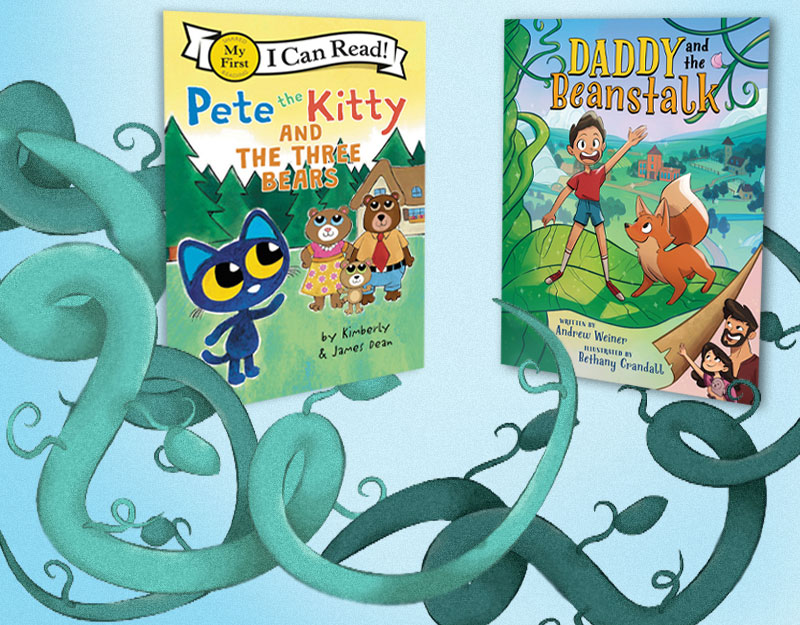
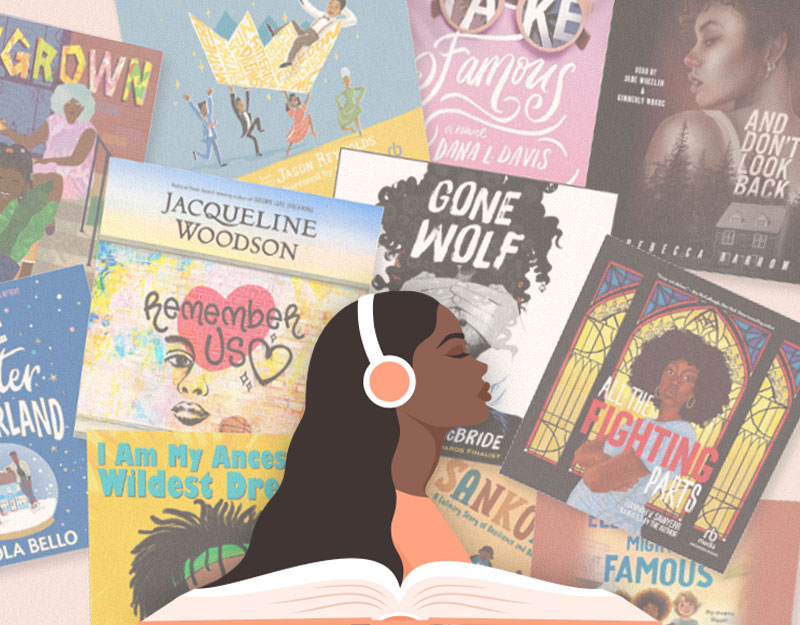
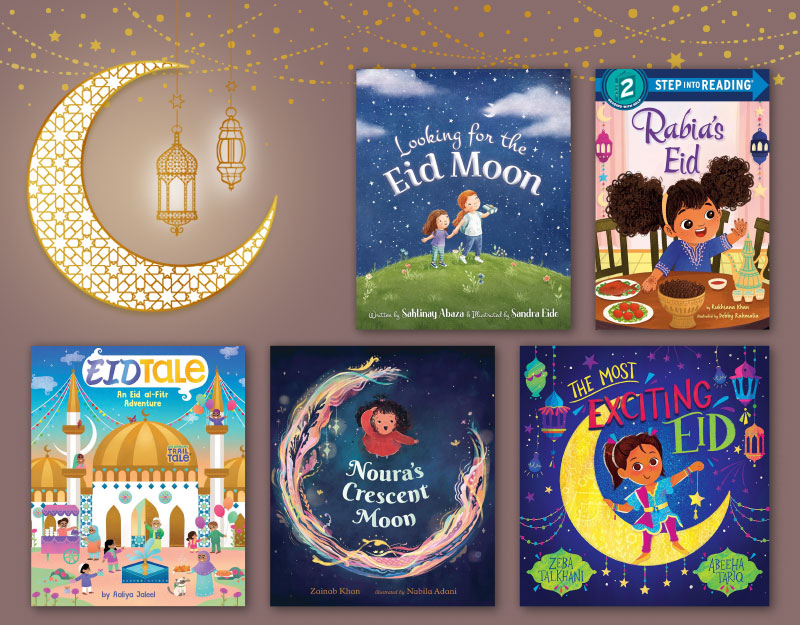
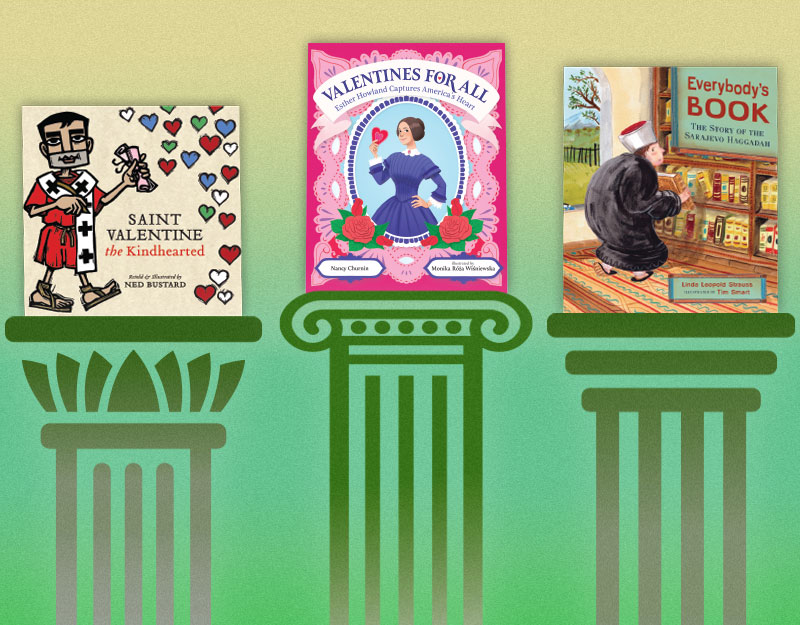
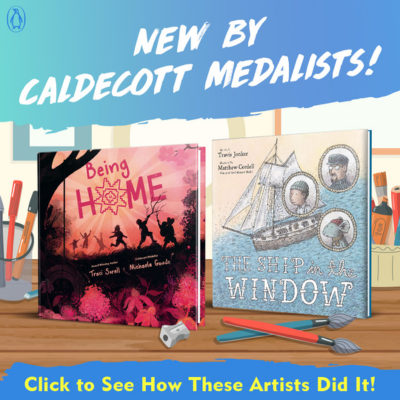
I taught at a small school for kids with various abilities and we called those “role playing” scripts and made them up and shared them out as we went along… They weren’t bound into anything more than stapled stacks and they were just jumping-off places for ordinary interactions. It’s probably past time for things like this to be made into A School Day With So-And-So books.
a.) I will now have songs from Oklahoma! accompanying me throughout my day (always a good thing!), and b.) as I read Jennifer’s great explanation, I found myself thinking of another term I’ve seen for these kinds of books and resources: “social stories.”
I work in the library at Erikson Institute, in Chicago, and first encountered the term “social stories” when helping one of our faculty members prepare materials for an early childhood special education class. “Social stories” as a search term pulls up some good offerings, for both kids and grown folks, through Amazon, and what seem to be helpful results in Google. (Our own LC subject headings are far less helpful, as Jennifer notes, but thankfully our corporate colleagues give us a good starting point for these searches.)
I appreciate knowing that parents and teachers may look for these kinds of resources as “social scripts,” too. Thanks, Betsy and Jennifer!
I’m a social worker at Walt Disney School in Chicago and this term is extremely common in the social work/clinical world. Socwks have to make and find social scripts/stories all the time. They are used for students with Autism and even good for behavior disorder students. Speech therapists also use social scripts. There are books out there, and there are clinicians that are skilled in making them and selling them on sites like teachers pay teachers. So look in another fields resources and you’ll find it there. Just because something is made for a teacher doesnt mean another profession can’t borrow from it 🙂 Sharing is essential. Hope this helps.
Thesocialworkpad.wordpress.com
I’m a professor of social work at Loyola University Chicago. Ms. Salt is correct that the term and concept of “social scripts” is widely used in a small universe. Beyond the standard uses for social skills training for youth with Autism Spectrum Disorder, or any social skills deficit, we teach them as part of cognitive behavior therapy. We also review scripts as a standard part of communication in different settings. For example, what is the social script when conversing with a probation officer, emergency dept psychiatrist, etc. These are professional applications, but they are social nonetheless.
Children or adults who have difficulties in expressing their needs may benefit from social scripts or stories.
Here is an excellent post http://eclkc.ohs.acf.hhs.gov/hslc/tta-system/teaching/practice/engage/social-stories.html with several free downloads to links to helpful social scripts on how to ask for help, getting ready for school, learning to take turns, staying close to a parent/caregiver when shopping.
These may be easily adapted by either a parent, social worker or teacher for the specific behavior/task a child (or adult) is having difficulty with. Here is another site with many examples of helpful social scripts.
http://www.bluevalleyk12.org/education/components/whatsnew/default.php?sectiondetailid=40269&
Hoping this helps!
Reminds me of a social work learning tool: The process recording. A session is broken down into the minute ontersvtions and feelings occurring between a social worker and client to develop a burgeoning awareness of the complex skill and responsibility_
The use of self. A social worker’s foundation among practice tools.
On a different note, when my daughter was little, she was disappointed to find out that the song didn’t go: “Cowboys dance with the farmers’ daughters, farmers dance with the ranchers’ cows!”
Well, shoot. Now that’s how I’m going to sing it in my head for the rest of my life.
She also thought it was “Paranoid folks should stick together, paranoid folks should all be pals.”
So, to sum up:
I’m down with that.